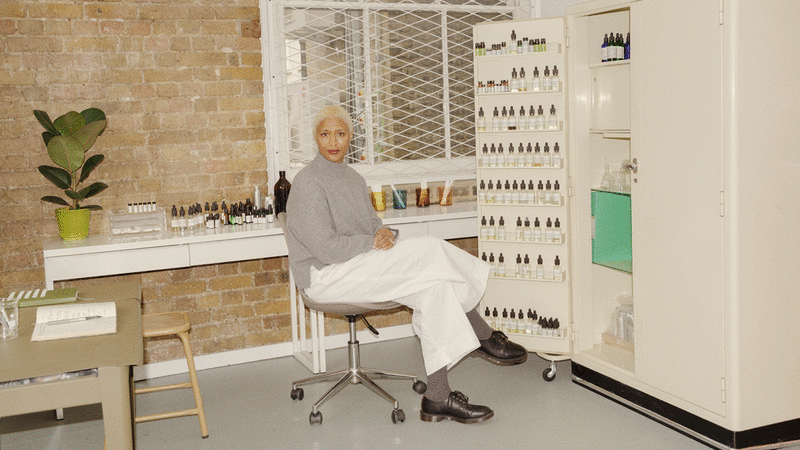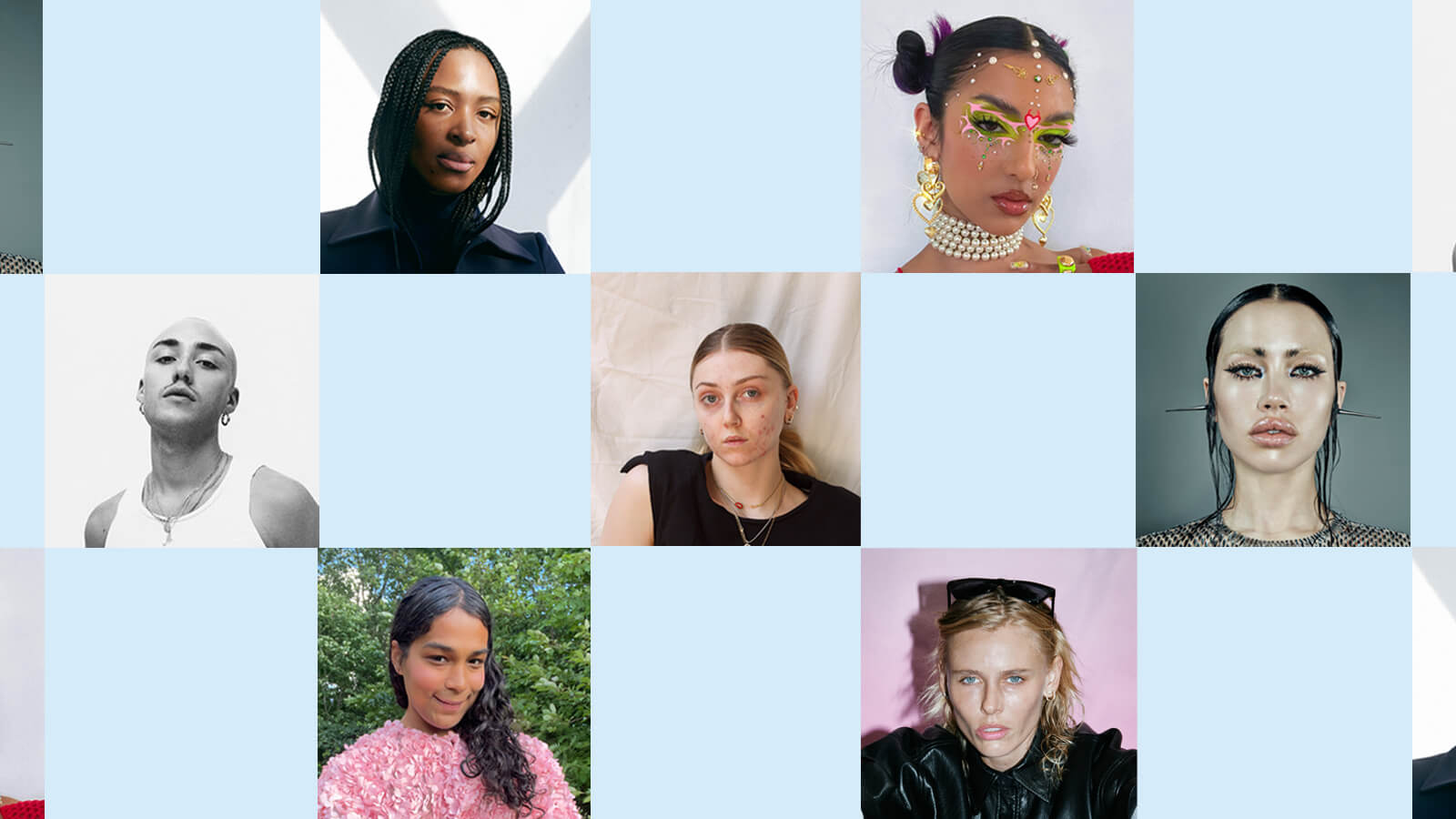The New Scent Vanguard Decolonising The Fragrance Industry
Fragrance dares us to dream in technicolour and travel with our noses, yet the faces behind their creation have been predominantly middle-class white men from France. Now, a new guard of perfumers and brand founders is finally infiltrating the scent space that was once the reserve of the privileged few.
The town of Grasse in France is often referred to as ‘the perfume capital of the world’, yet the perfumers who happen to be born there, or have the funds to travel and study there, have populated the world’s perfume shelves with their creations. There have been attempts to bottle ‘exotic’ locations, sacred traditions and ancient mythologies but, when mainly expressed by white men, it’s the kind of cultural appropriation that’s recently (and rightly) been closely examined in practically any other art form – yet, in the world of perfumery, it has been accepted as the scented status quo.
This isn’t to say many perfumers and brands don’t extensively research their inspirations and the ingredients they use but, until very recently, the ethnicity and heritage of the ‘noses’ asked to compose the fragrances wasn’t even considered. Historic racism aside, the root cause has often been simple: perfumery is the meeting place of art and science, and to train as a chemist – even to know perfumery can be a career – is the domain of the privileged. Add to this the Grasse tradition of handing the perfumer mantle from father to son, along with the usual workplace complications of non-flexible working or childcare facilities, and the unconscious bias of male mentors tending to hire people who look like them, and you have the perfect storm for perfumed prejudice.
Until recently, apart from a few outliers who made a name for themselves in the late ’70s, people of colour and women were not generally encouraged or supported to study STEM (Science, Technology, Engineering and Mathematics) subjects. At the Institute of Education at University College London, Louise Archer and her team have created ASPIRES – a long-term research project investigating the phenomenon that although girls do well at science in secondary education exams, “they still think they’re not good enough or clever enough to go on to do it at university,” says Archer. “We see this attitude particularly in girls from working-class and non-white backgrounds.” As people of colour are the majority of the world’s population, doesn’t that make it even more bizarre to have excluded these voices (and noses)?
“It felt so far away and removed from my life [growing up],” says perfumer and brand owner Maya Njie, who now celebrates her West African and Swedish heritage through her eponymous brand. Chris Collins, a perfumer who was one of the first African-American models to work with Ralph Lauren and now owns a fragrance house honouring Black culture, agrees that for perfume to truly reflect the people who wear it, we need a diversity of voices. “My stories come from my unique perspective,” he says. “The more diversity we have, the more stories we get to hear.”
Here are five culturally rich fragrance houses to have on your radar.
- The first Turkish fragrance house Nishane has a mission to put Istanbul on the scent map.
- Self-taught Thai perfumer Prin Lomros expresses his heritage through scent memories.
- Catherine Omai is inspired by “the culture, landscape and tradition of the people of Nigeria”.
- Neela Vermeire showcases her Indian heritage through exquisite, historically inspired perfumes.
- Pissara Umavijani, who grew up in Thailand, celebrates her father’s poetry in fragrant form with her brand Parfums Dusita.
Suzy Nightingale is an award-winning freelance fragrance journalist who has written for The Perfume Society, Grazia Middle East, Rakes Progress, and is the co-host of On The Scent podcast




